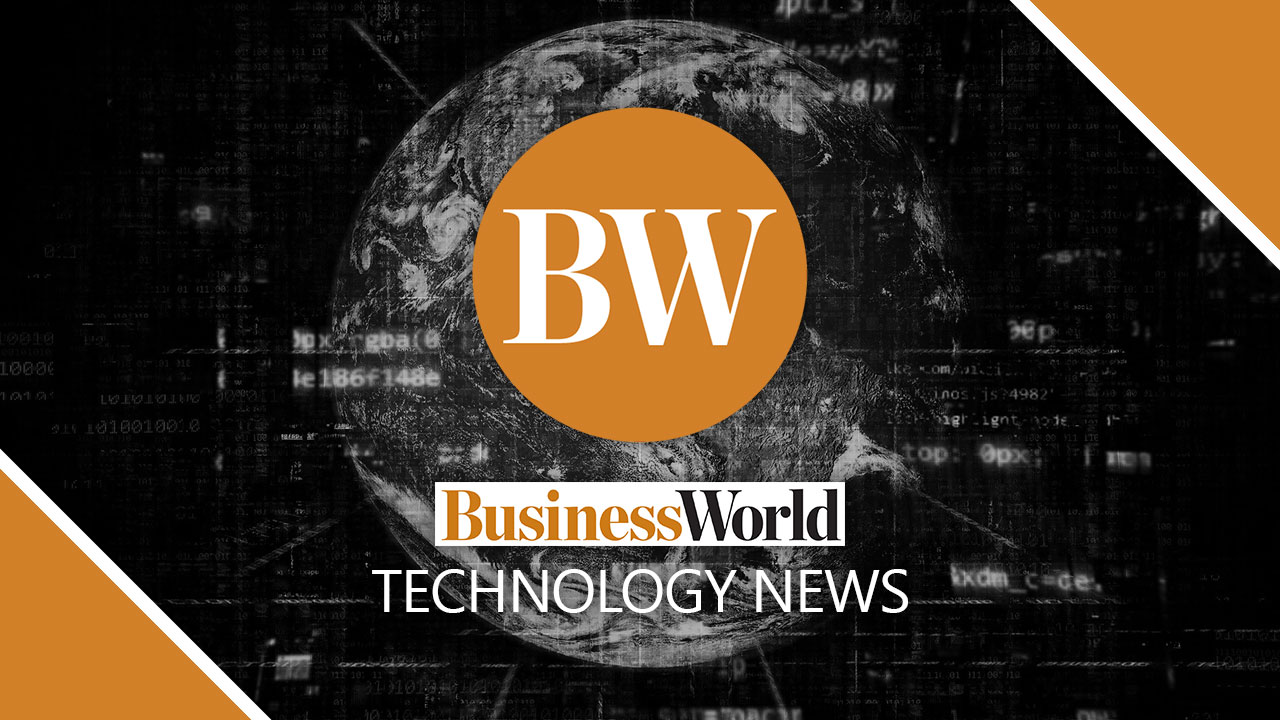Data are key to help Filipino organizations meet their sustainability goals

IT IS ABUNDANTLY CLEAR that climate change is impacting not just the environment, but also society, organizations and businesses around the world.
In the recent World Economic Forum’s “Global Risks Report 2021,” the top three most likely risks to businesses in the next 10 years are extreme weather, climate action failure and human-led environmental damage.
A CLEAR CALL FOR SUSTAINABLE CHANGE
Awareness of global environmental issues is changing the habits of consumers wherever they live. In a recent IBV Earth Day consumer survey, 49% of consumers said that they were willing to pay a premium for brands that are sustainable and/or environmentally responsible. Interestingly, 35% of these respondents say they have either stopped using diesel/gas/petrol/hybrid personal cars or use them less frequently due to environmental sustainability concerns.
Another 35% of respondents who recently changed employers accepted a lower salary to work for an organization they consider to be environmentally sustainable or socially responsible.
Investors also increasingly put their money with publicly traded companies that are a force for good. According to the same study, 62% of all personal investors surveyed already take environmental sustainability into account in their investment portfolios, and more than half of all respondents agree that the financial returns of investment in environmentally sustainable companies will be higher over the next 5 years.
Business and nations will need to embed sustainable practices into every area of their operations, products, services and policies if they are to have long term economic sustainability.
In fact, the Asian Development Bank estimates that the Philippines stands to lose 6% of its GDP annually by 2100 if it disregards climate change risks.
Of course, challenges to natural resources may be extensive, but if there is one abundant resource at hand to help, it is data.
Data are at the heart of helping all organizations make progress on their net-zero goals. Available data around the use of carbon and the degree of carbon richness in our value chains are needed to see the progress of our planned carbon reduction, which is very hard to observe and act on without accurate data.
The power of data and leveraging on tools such as AI are a very fundamental part of the journey towards net zero.
EMBEDDING SUSTAINABLE PRACTICES WILL BE KEY
Today, we see countries and companies rising to the challenge. IBM’s work with clients has shown that, presented with the right insights at the right time, businesses and consumers WILL act.
IBM teamed up with a European city and an energy partner to improve access to renewable energy options through real-time adjustments of cooling, heating and ventilation equipment. This flexibility of energy has resulted in reduced carbon output, and is also helping to change consumer and business behaviors around how they consume energy.
Another example is the IBM Food Trust. We developed an AI and blockchain-based food traceability solution on the cloud that can increase food safety and freshness, thereby unlocking supply chain efficiencies to help minimize waste, thereby enhancing a brand’s reputation with consumers and contribute directly to businesses’ bottom lines.
ENVIRONMENTAL GOALS AND PROFITABLE BUSINESSES TOGETHER
Weather, operational resilience and climate risk are also inextricably linked. In the Philippines, the Energy Development Corporation (EDC), the world’s largest vertically integrated geothermal energy producer, is leveraging on hourly forecast data provided by IBM’s The Weather Company to understand the risks and decide whether or not to keep operating their geothermal plants in areas prone to landslides and typhoons. These insights also help keep EDC’s work force safe from the extreme weather events.
Access to The Weather Company also allows farmers in Nueva Ecija and Quezon province to monitor their harvests, as these areas are prone to flooding and heavy rain. Through the sponsorship of the Jollibee Group Foundation, access to The Weather Company via multiple mobile and messaging platforms allows the farmers to monitor the weather, and helps them better understand how their crops are impacted. This precise forecast at 500m x 500m resolution ultimately helps farmers improve the yield of their crops, and ensures the smooth flow of fresh vegetable produce from farms to Jollibee’s restaurants around the country.
USING TODAY’S MOST PLENTIFUL RESOURCE TO SAVE THE MOST SCARCE — DATA
All these engagements share a common thread: Data at significant scale that are critical for delivering these solutions, and data not held by any one area or in any one format. To achieve meaningful change, organizational silos that control data must be broken down and instead ought to be built on open and secure platforms, to allow insights to be delivered at speed to consumers and business alike. New ways of thinking and operating must be also be uncovered in this journey.
Achieving net zero targets starts and ends with data, today’s most plentiful resource. That, coupled with new value chains, ecosystems, and technology will help to further accelerate progress toward a sustainable future for us all.
Natalie Pia Azarcon is a managing partner at IBM Consulting, IBM Philippines.



